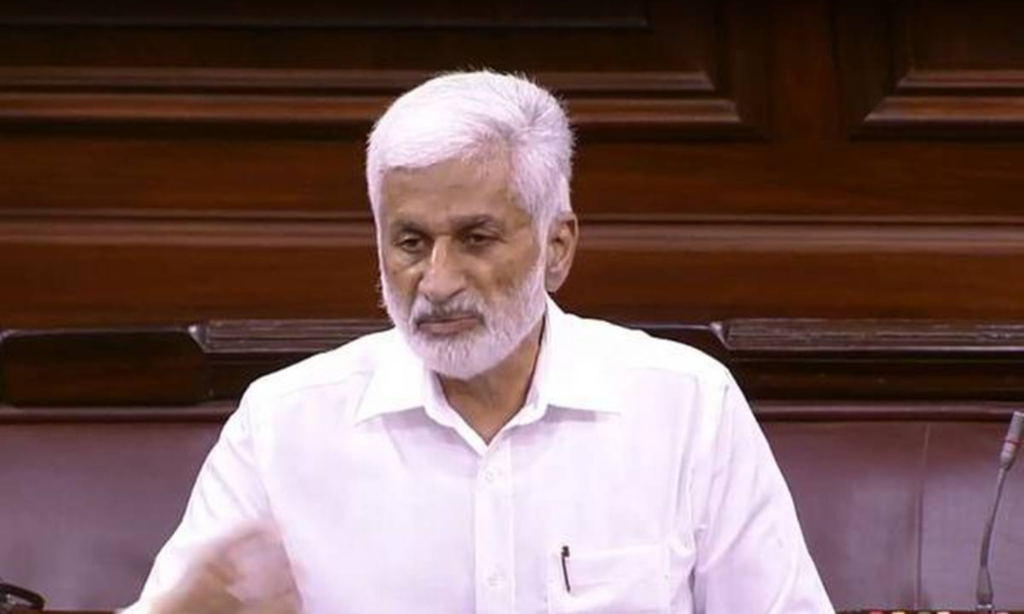China successfully launches longest manned space mission
Mon 17 Oct 2016, 12:58:34
China today successfully launched a spacecraft carrying two astronauts, in its longest-ever manned space mission, who would later join its experimental space lab orbiting the Earth as the country moved a step closer to establish its permanent space station by 2022.
Chinese astronauts Jing Haipeng, 50, and Chen Dong, 37, were blasted off into space by Shenzhou-11 (heavenly vessel) spacecraft at 7:30 am local time (5 am IST) from the Jiuquan Satellite Launch Centre near the Gobi Desert in northwest China.The Shenzhou-11 was put into orbit by a Long March-2F carrier rocket after the launch, telecast live by the state-run China Central Television (CCTV).
The spacecraft will dock with orbiting space lab Tiangong-2 in two days and the astronauts will stay in the lab for 30 days, Wu Ping, Deputy Director of China's manned space engineering office said.While Jing is on his third spaceflight, this is Chen's first space mission, which is the longest stay so far by Chinese astronauts, during which they will conduct tests on spacecraft-related technologies and scientific and engineering experiments.
The mission was declared a success by Zhang Youxia, commander-in-chief of China's manned space programme, about 19 minutes after the blast-off, state-run Xinhua reported.
President Xi Jinping, who is currently in Goa to attend the BRICS Summit, congratulated everyone engaged in the mission for the successful launch, saying it is a milestone in China's space programme.The mission of the orbiting space lab Tiangong-2 and the Shenzhou-11 manned spacecraft marks the first time that Chinese astronauts will stay in orbit for medium term, Xi, chairman of the Central Military Commission (CMC) and general secretary of the Communist Party of China (CPC) Central Committee, said.
In his message, he encouraged staff of the mission to "constantly break new ground for the manned space programme, so that Chinese people will take bigger steps and march further in space probe, to make new contribution to the building of China into a space power".
Premier Li Keqiang and Liu Yunshan, both members of the Standing Committee of the Political Bureau of the CPC Central Committee, watched the live broadcast of the launch at the command centre of China's manned space programme in Beijing.
The space lab was launched last month as part of China's efforts to set up its own manned space station by 2022, which will make it the only the country to have such a facility in service as the current in-service International Space Station (ISS) retires by 2024.
China is putting billions of dollars into its space
programme in a bid to catch up with the US and Europe. It also plans to launch its maiden Mars mission in 2020 to match India and others.
programme in a bid to catch up with the US and Europe. It also plans to launch its maiden Mars mission in 2020 to match India and others.
Hours before the lift-off, the two astronauts appeared in good spirits and answered several questions. "Although the job is challenging, risky and dangerous, there is nothing more I would rather do," Jing, commander of this mission, said yesterday.
It will be Jing's third spaceflight following his Shenzhou-7 mission in September 2008 and Shenzhou-9 mission in March 2012. "(For this mission) we have improved our ability to deal with emergencies, first aid and space experiments," Jing told reporters.
Chen, on his maiden space mission, said: "I will treasure every moment in space and ensure I record my experience in my diary and enjoy the out-of-this-world scenery."China, which conducted its first manned space mission in 2003, has said its space programme is for peaceful purposes, but it has also tested anti-satellite missiles in addition to its civilian aims.
The Shenzhou-11 spaceship will return to Earth within a day after docking the two astronauts on Tiangong-2 space lab and separating from it, Wu said.With a safe flight record of 1,500 hours as an air force pilot, Chen became China's second group of astronauts in May 2010, and was selected as a crew member of the Shenzhou-11 mission in June 2016, Wu said.
Other objectives of the manned space mission include aerospace medical experiments, space science experiments and in-orbit maintenance with human participation, as well as other activities, Wu said.
The two astronauts will undertake ultrasound tests during space travel for the first time, cultivate plants in space, and test the three winners of an experiment design competition run in Hong Kong for secondary school students.
Several technical alterations have been made to Shenzhou- 11, though its main functions and technical parameters are basically the same as Shenzhou-10, Wu said.Lei Fanpei, chairman of China Aerospace Science and Technology Corp (CASC), recently said China plans to launch the experimental core module of its space station around 2018 with a Long March-5 heavy load carrier rocket, and the 20 ton combination space station will be sent into orbit around 2022.
The space station has a designed life of 10 years in orbit 400 kms above the earth surface. With this space station, China will become the second country after Russia to have developed a space station.
China made a three-step strategy in 1992 for its manned space programme, the large-scale manned space station being the last step.
No Comments For This Post, Be first to write a Comment.
Most viewed from International
Most viewed from World
AIMIM News
Delhi Assembly polls: Owaisi leads Padyatra in Okhla
Feb 01, 2025
We reject this Waqf Amendment Bill: Asaduddin Owaisi
Jan 30, 2025
Latest Urdu News
Most Viewed
May 26, 2020
Do you think Canada-India relations will improve under New PM Mark Carney?
Latest Videos View All
Like Us
Home
About Us
Advertise With Us
All Polls
Epaper Archives
Privacy Policy
Contact Us
Download Etemaad App
© 2025 Etemaad Daily News, All Rights Reserved.

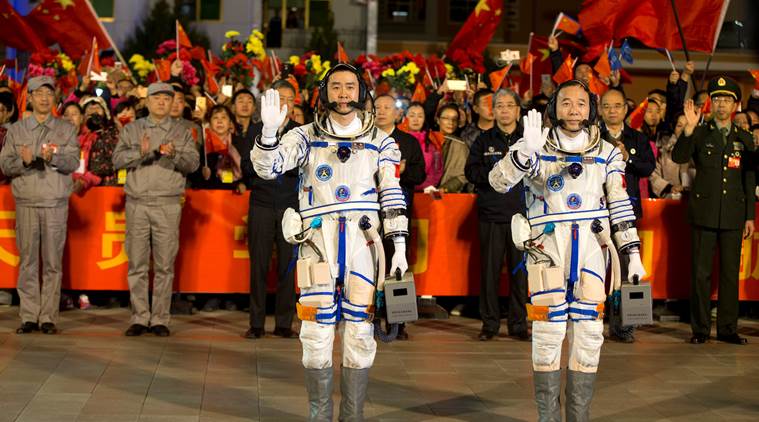
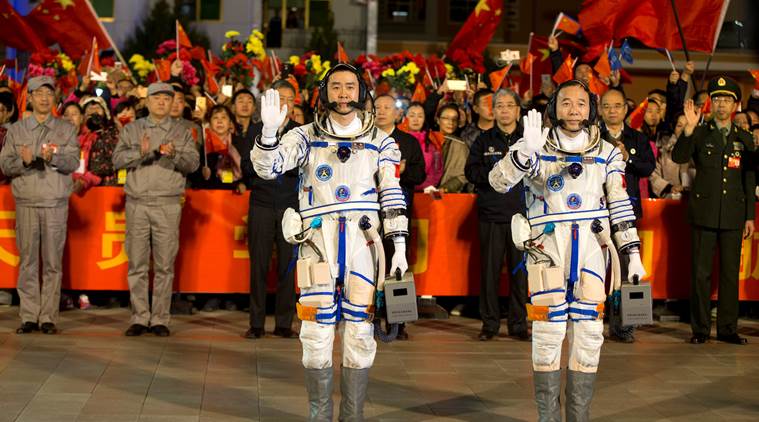

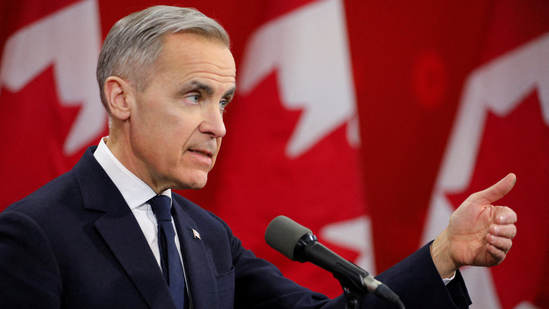
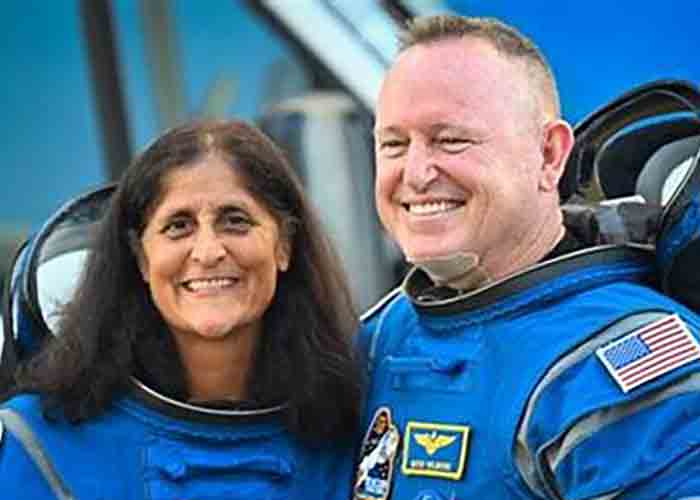
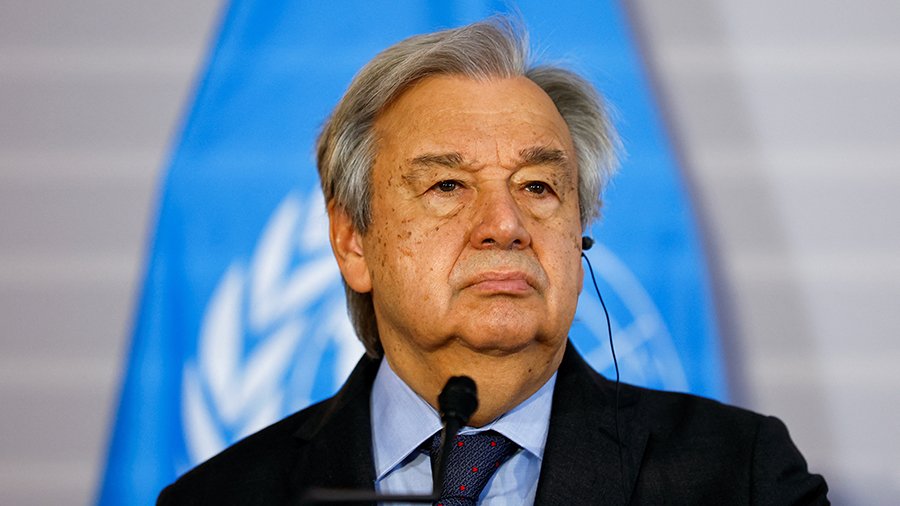
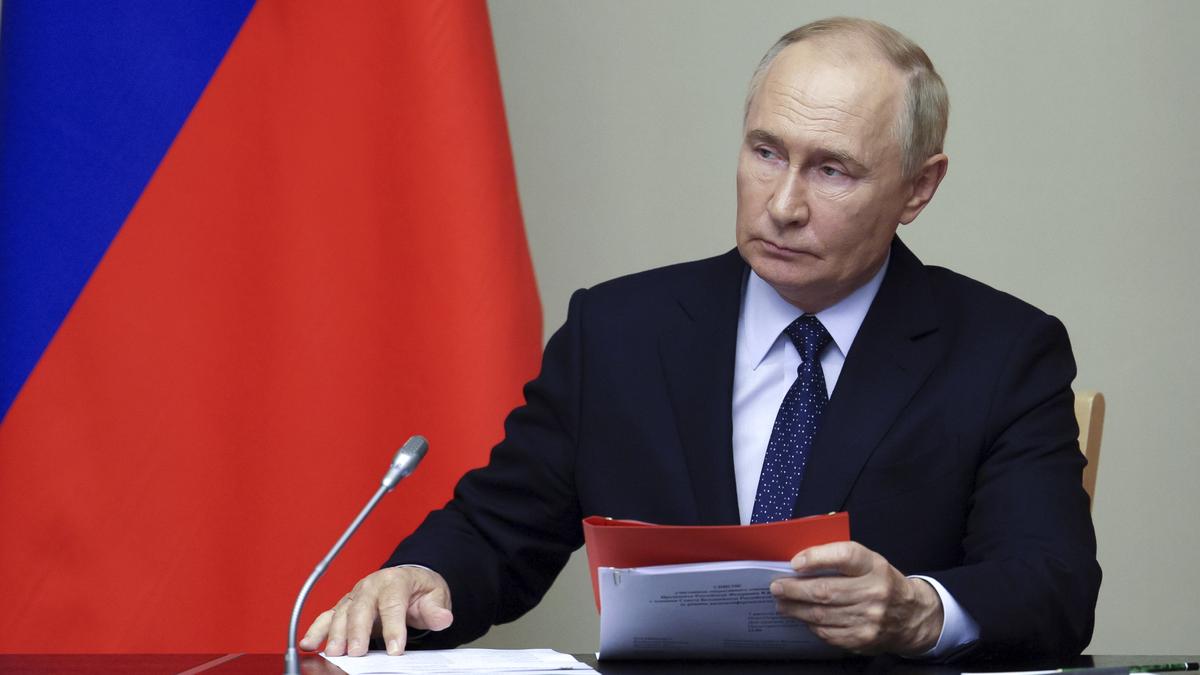

.jpg)
.jpg)






